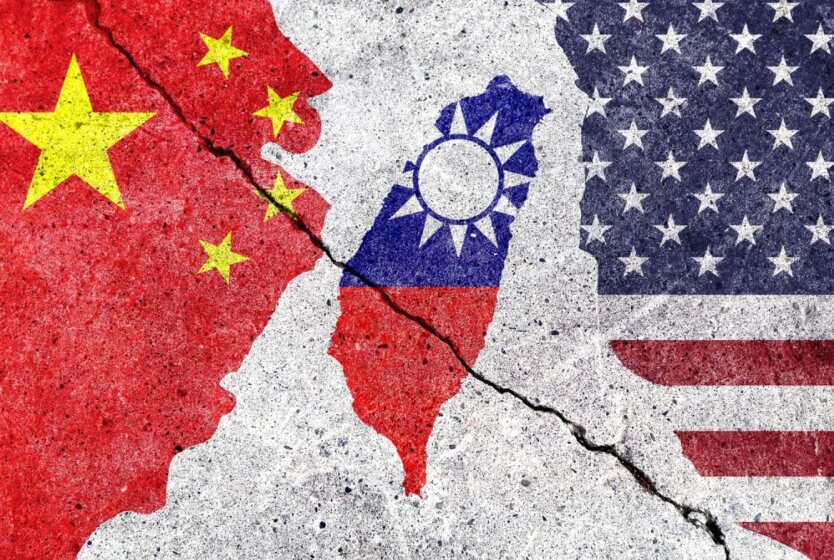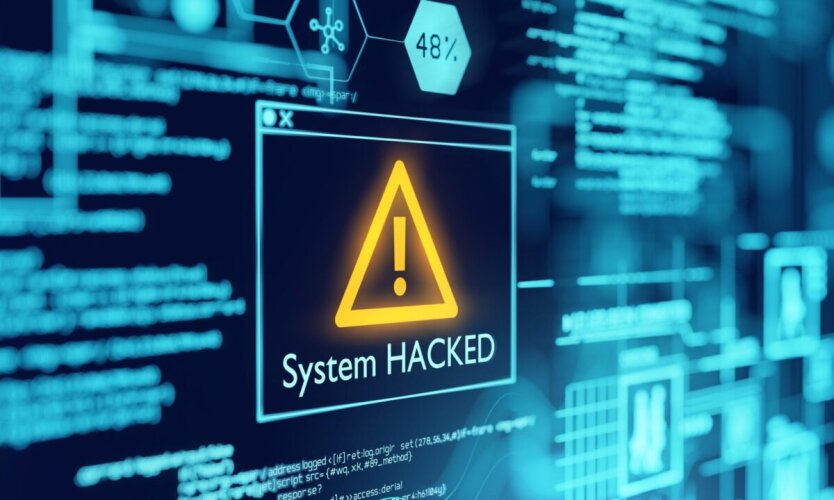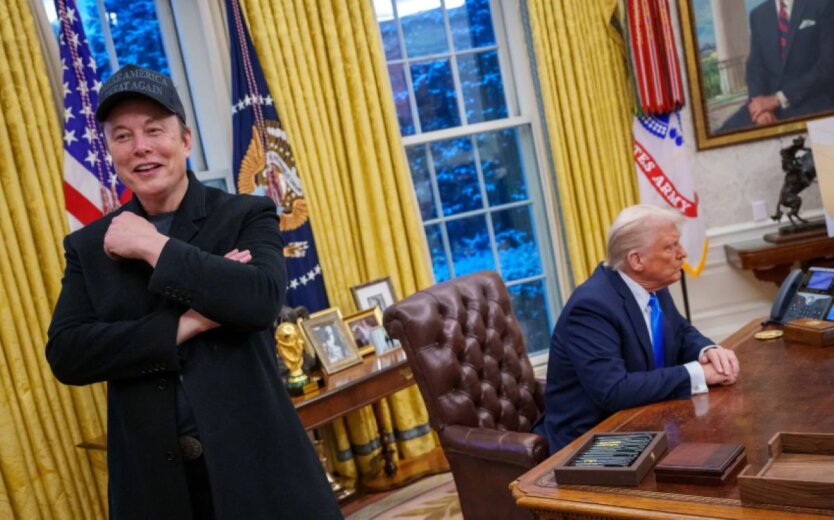Strategic Clarity Instead of Ambiguity: The New U.S. Formula for Taiwan Defense - FT.


Former Deputy Assistant Secretary of Defense for East Asia Michael Schiffer argues that the long-standing U.S. policy towards Taiwan, which relied on strategic ambiguity, is no longer effective.
Over the years, Washington intentionally refrained from responding to a potential Chinese invasion of Taiwan, on one hand deterring Beijing while on the other preventing Taipei from officially declaring independence, notes the Financial Times.
However, the increasing pressure from China on Taiwan and the unpredictable foreign policy of the Trump administration indicate that such a strategy is no longer working. China is ramping up its military presence near the island, conducting large-scale military exercises and continuing the diplomatic isolation of Taipei.
It is noted that the U.S. foreign policy at the beginning of Trump’s second term has further increased the risks in this situation. Trump’s uncertain statements regarding Taiwan's semiconductor industry have alarmed Taipei and emboldened Beijing.
Meanwhile, the inconsistent support for Ukraine by the U.S., antagonism towards America’s European allies, 'territorial ambitions' regarding Greenland, the Panama Canal, and even Canada have undermined confidence in Washington’s broad commitments to protect democratic partners, international institutions, and norms.
According to Schiffer, transitioning to 'strategic clarity' does not require the U.S. to abandon its 'One China' policy, withdraw from joint communiqués with Beijing, or undermine the Taiwan Relations Act. The United States can uphold these diplomatic principles while clearly indicating the consequences of coercive actions or military aggression from Beijing.
The expert emphasizes that Washington needs to unequivocally warn Beijing about the serious consequences of any attempts at violent or economic pressure regarding 'reunification' with Taiwan. This approach would show China that the U.S. and its allies are ready to resolutely counter aggression while avoiding official recognition of Taiwan’s independence, which is crucial for China. At the same Time, the U.S. must enhance its support for Taipei by strengthening its diplomatic status, developing economic cooperation, and coordinating efforts with regional partners to ensure the island's security.
The Special Role of Taiwan in the Global Economy
It should be noted that Taiwan's status as a leading manufacturer of over 60% of the world's chips and most of the most advanced semiconductors makes the security of the island a matter of global economic significance.
Read also
- The Kremlin has started to provide shelters: Information about bomb shelters will be available on the Russian portal 'Gosuslugi'
- Cyber specialists of the GUR hacked the resources of the Russian manufacturer of strategic bombers
- Ukraine has every legal and moral right to nuclear weapons, - Andriy Biletsky
- Elon Got Upset: The Real Reasons Behind Musk's Criticism of Trump
- The War Split the Russian Economy: Military Production on the Rise, Civil Sectors Declining
- The enemy is trying to break through to the south to the administrative border of three regions










